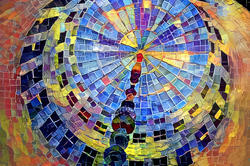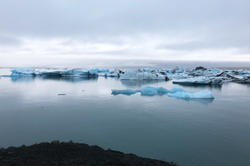In keeping with RISD’s strategic plan, this summer’s 10 Maharam fellows use their design skills to promote social justice and sustainability.
Maharam Fellows Make a Difference
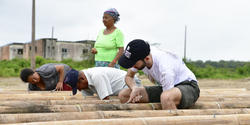
What do Rhode Island’s Tomaquag Museum, the president of Ghana, the Taiwan Youth Association for Transitional Justice and the environmental organization Green Ethiopia have in common? They’re all benefitting this summer from the creative thinking and fresh ideas of this year’s Maharam STEAM Fellows.
Now in its 11th year, the program—which is generously funded by New York-based textile company Maharam—supports selected RISD students to develop summer internships around the world that advance social justice and/or sustainability. The past two cohorts were compelled to work remotely due to COVID, so this year’s 10 fellows are delighted to be working in person in Ghana, Ecuador, Taiwan, Ethiopia, China and across the US, in California, New York and Rhode Island.
“Many of this year’s fellows have returned to their home countries and hometowns to engage directly with issues of community, climate change and environmental impact.”
“Many of this year’s fellows have returned to their home countries and hometowns to engage directly with issues of community, climate change and environmental impact,” says program organizer Kevin Jankowski 88 IL, director of RISD Careers. “All of them bring care, thoughtfulness, openness and empathy to their fellowship experiences, along with attention to detail and incredible problem-solving skills.”
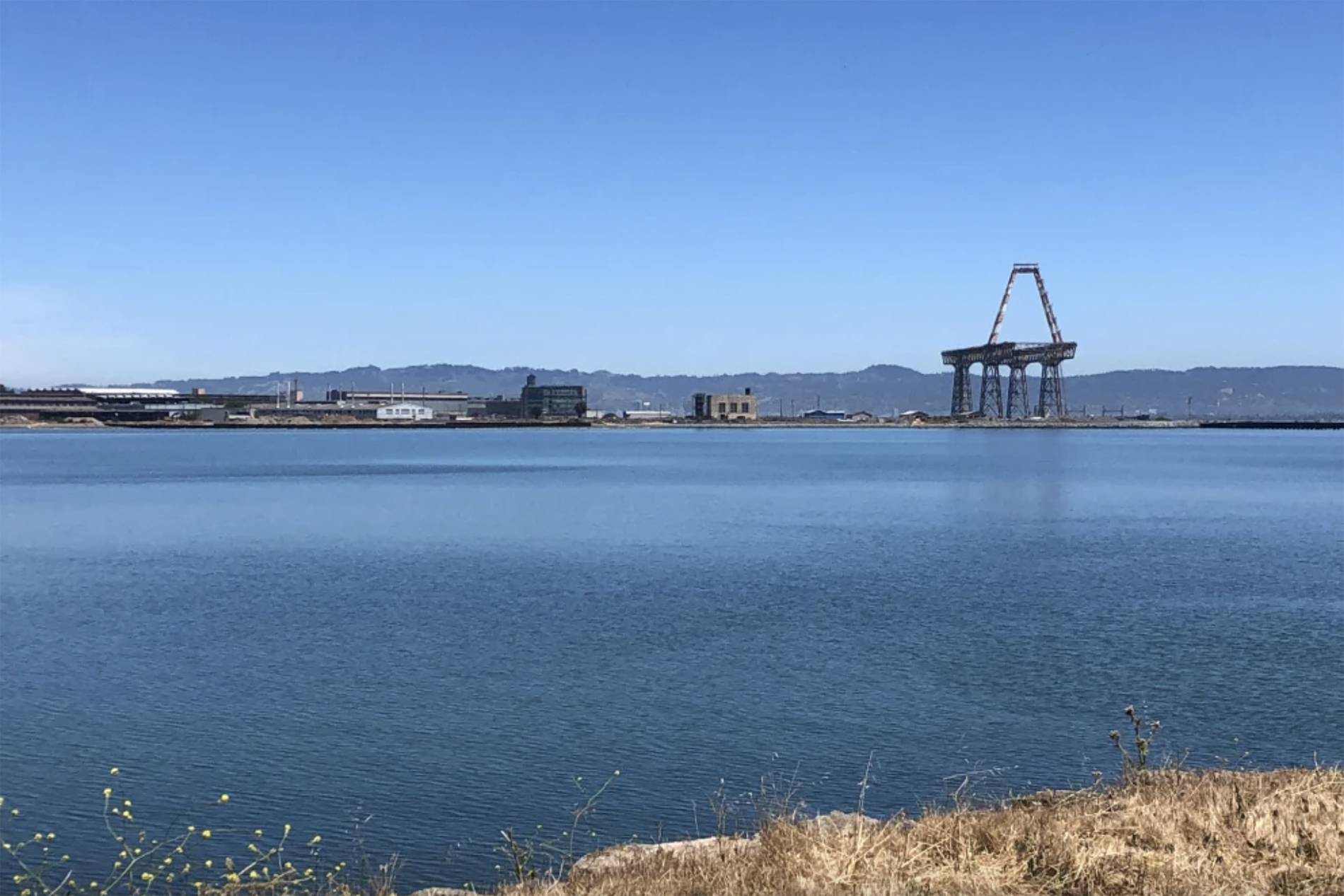
Here in the US, rising junior Santiago Alvarado 24 ID is hosting community workshops on decolonial mapping practices at the Tomaquag Museum in Exeter, RI; recent graduate Abenda Sohn 22 IL is building awareness of immigration reform issues at the Liberian Community Association of Rhode Island; Industrial Design major Lucia Li 24 ID is implementing design thinking and visual learning strategies at Literacy for Environmental Justice in their hometown of San Francisco; and New York City transplants Carmen Belmonte Sandoval 23 ID and Mei Zheng 23 ID are creating toolkits that facilitate intergenerational education in outdoor spaces for Brooklyn-based nonprofit HYPOTHEkids.
As a Liberian-American raised in Providence, Sohn says he was struck by the stories of the people he’s working with, who immigrated to the area from Liberia in the 1970s and ’80s. “I was shocked to learn [about their] … struggles working tirelessly in jewelry factories, making little to no wages and hiding from the Grey Suit Boys, immigration officers looking for undocumented workers,” he notes.
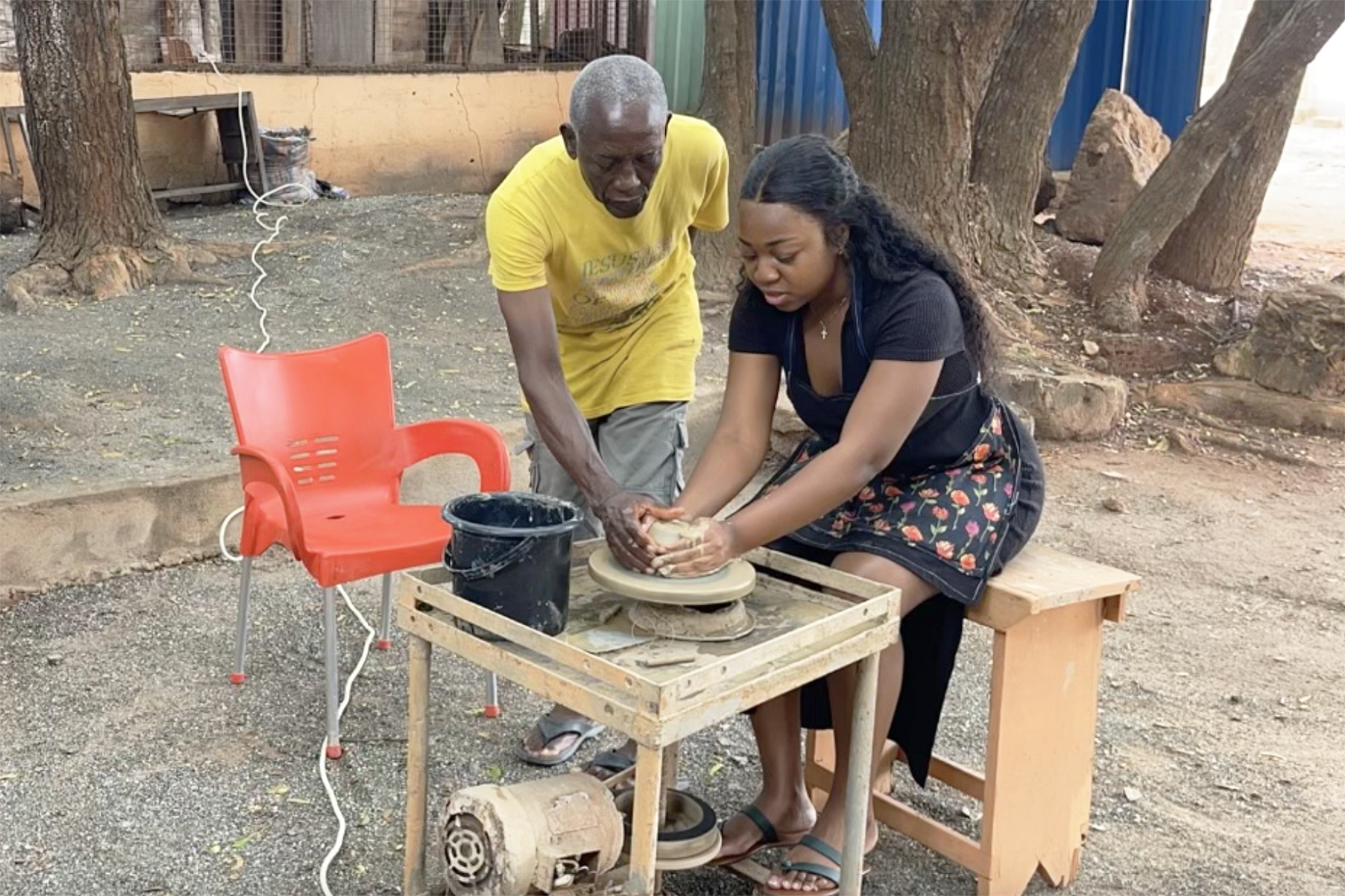
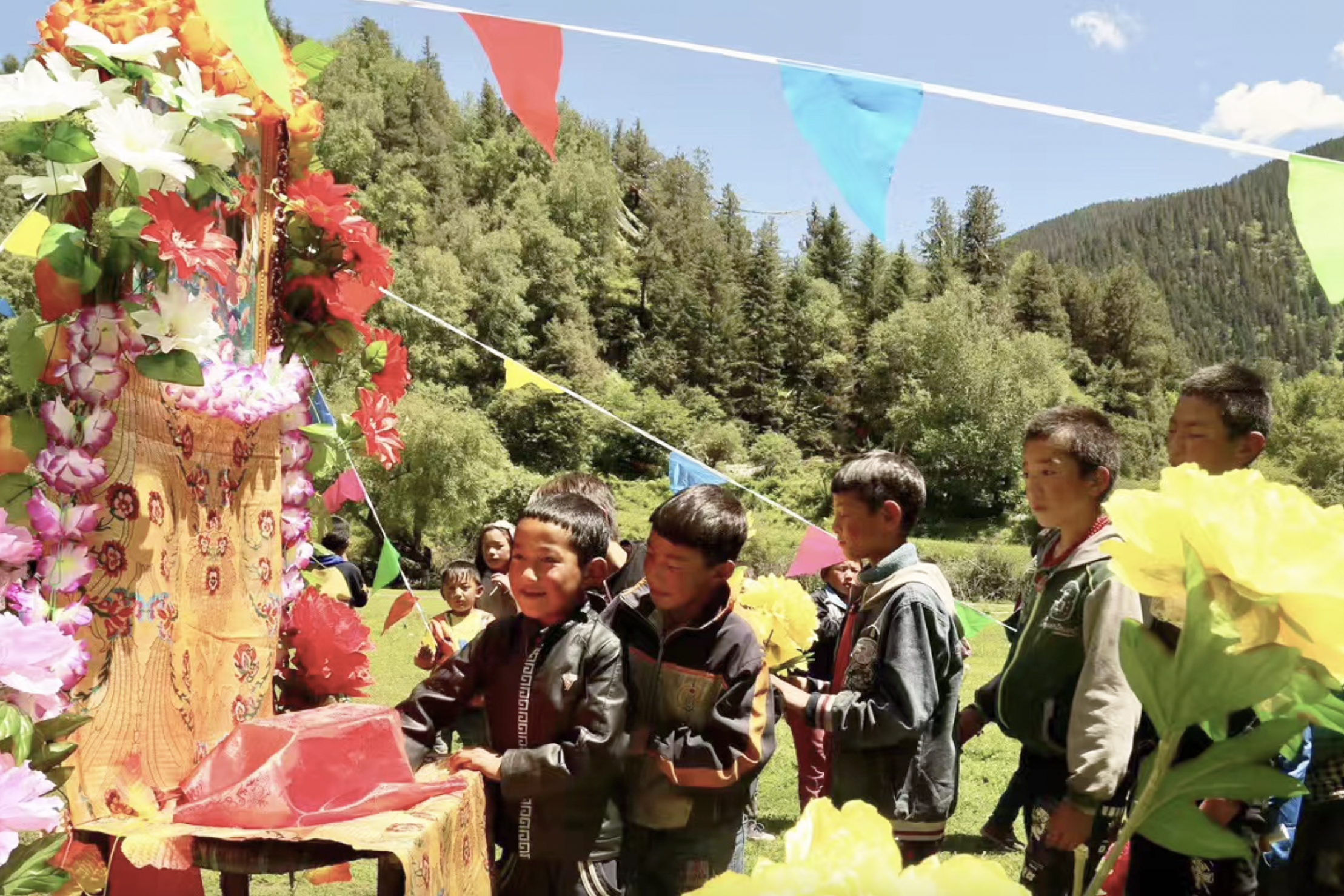
Outside of the US, Architecture student Abena Otema Danquah BArch 23 is documenting Ghanian craftwork, enterprises and experiences at the Diaspora Affairs Office of the President of Ghana; rising senior Helina Yuheng He 23 ID is developing public education programming for nonprofit Chinese-Tibetan environmental organization LDONGTSOG; fellow Industrial Design major Pei-Yu Hung 24 ID is collaborating on a digital mapping project with the Taiwan Youth Association for Transitional Justice and Kiong Seng; recent grad Derek Russell BArch 22 is using bamboo architecture as a form of disaster relief and mitigation with Fundación Raiz in Ecuador; and grad student Ruth Wondimu MArch 23 is raising awareness of sustainable architectural practices with Green Ethiopia in her hometown of Addis Ababa.
“I have found seminars to be a way to bond communities together and [build] trust with the Sino-Tibetan community.”
“I have been hosting public online seminars related to the Tibetan environment and its cultural heritage,” He says of her project. “I have found seminars to be a way to bond communities together and [build] trust with the Sino-Tibetan community.”
Wondimu describes her Maharam journey as “an insightful and wonderful experience” and says that she is actively avoiding making assumptions based on her childhood in Ethiopia. Meanwhile in Accra, Ghana, Danquah is taking advantage of her local connections by meeting with artisans she met through her father. They’re helping her to understand “… the impact of their individual cultures on their work, the support they get from locals and the diaspora… and which networks or associations help them connect with other artisans,” she says.
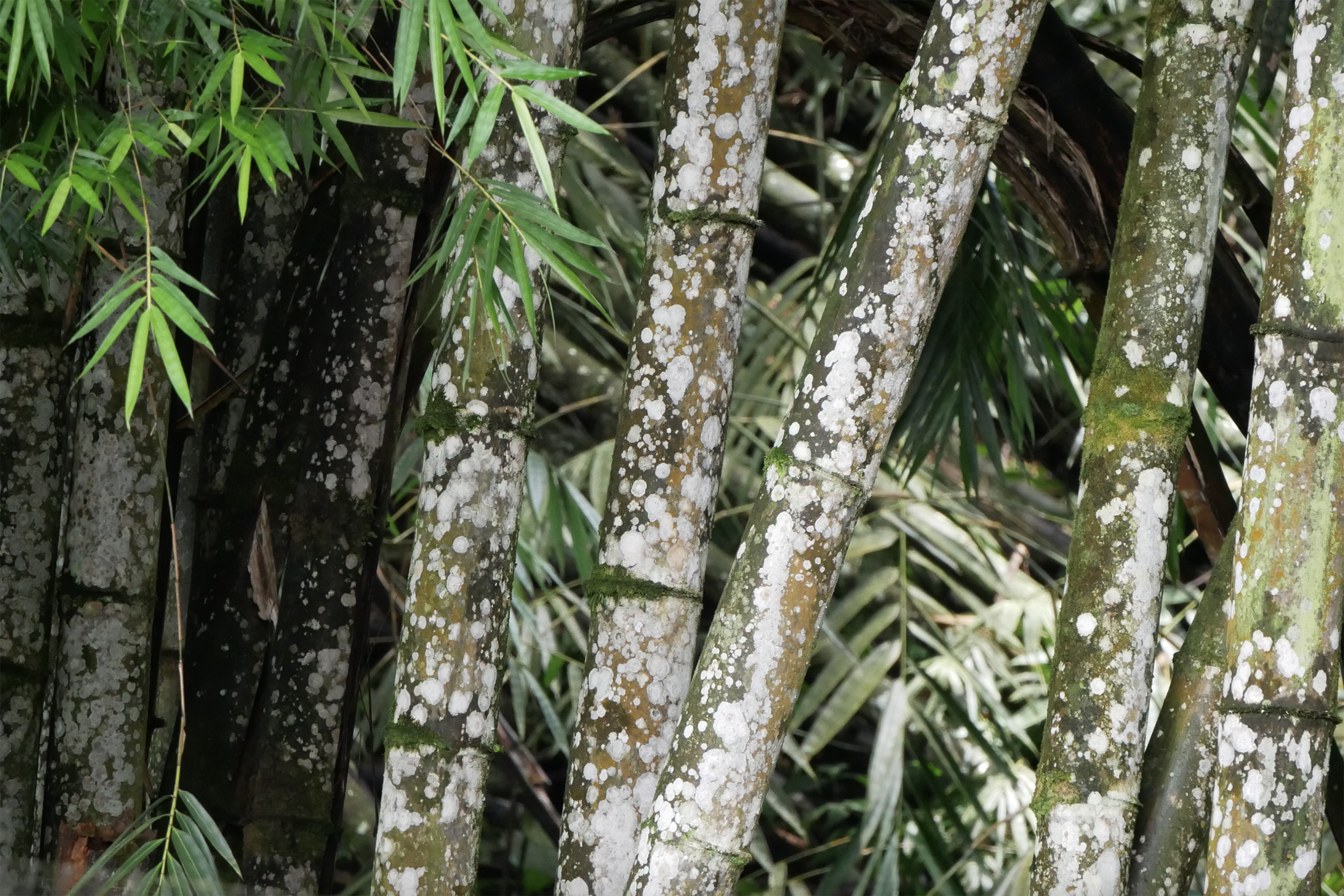
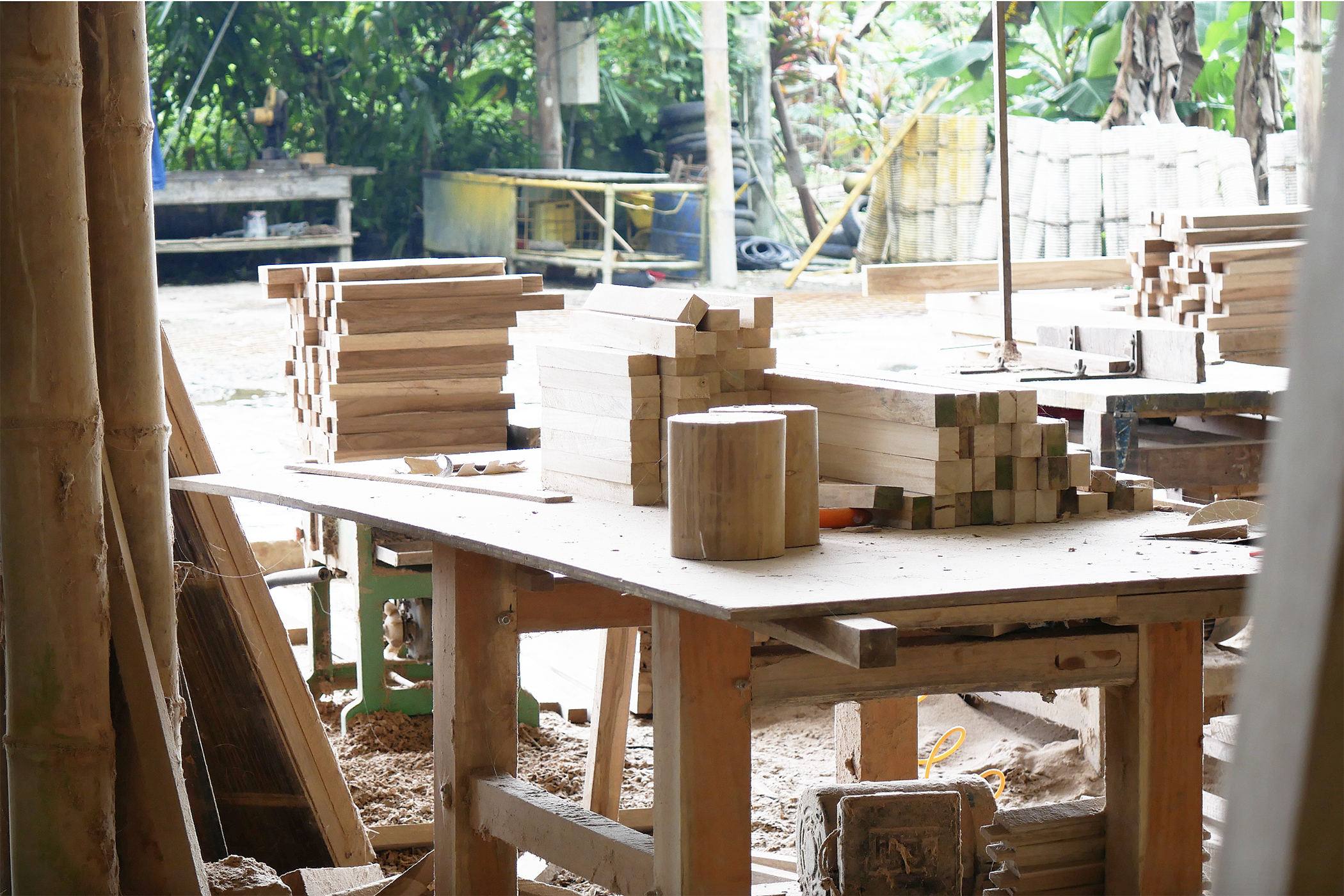
Across the Atlantic Ocean in Ecuador, Russell began his fellowship with a visit to Casitas Emergentes de Bambú (Emergency Bamboo Houses) or CAEMBA, where the bamboo Fundación Raiz uses is grown. “It truly is one of the most impressive plants in the world,” he says, “able to grow up to three feet in a day. With nuanced design decisions, CAEMBA has streamlined the process from farm to construction in a way that is healthy for the environment, supports local labor and gives agency to new homeowners.”
Jankowski cannot say enough about the determination and resiliency of this year’s Maharam fellows. “I’m constantly inspired by their passion and hopefulness as they engage with challenging topics, bring their creativity to nonprofit and government agencies and learn deeply from their fellowship experiences,” he asserts.
Learn more about this year’s Maharam Fellowships at risdmaharamfellows.com.
—Simone Solondz
August 11, 2022

